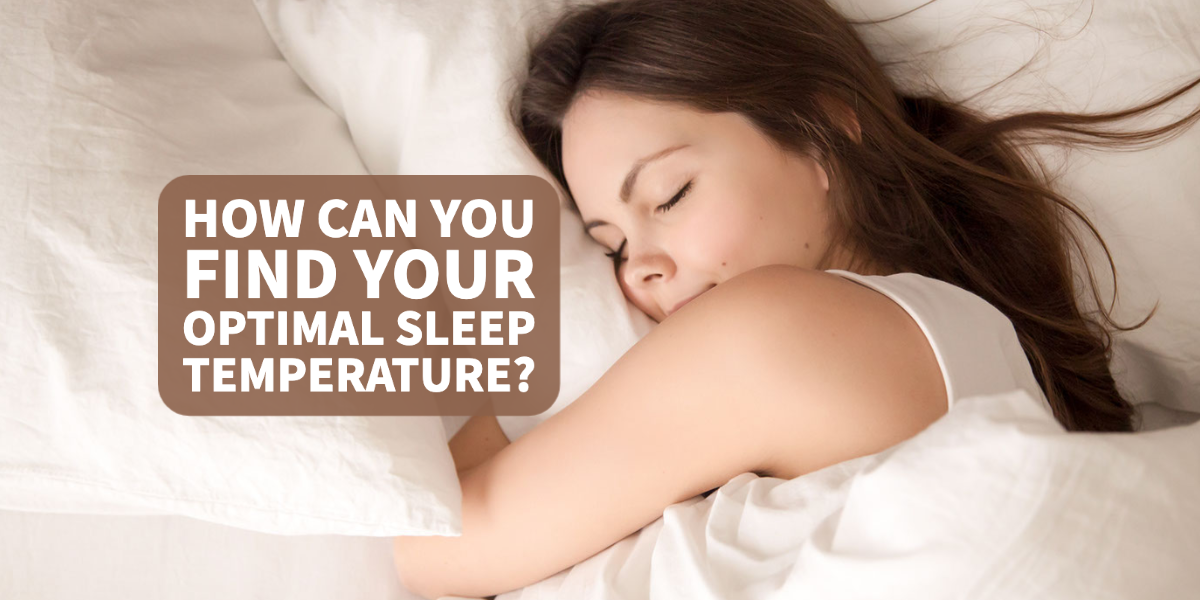Do you consider yourself a warm sleeper or a cold sleeper? Now you may be thinking, “What does that even mean?” In other words, do you sleep better in colder or warmer temperatures? There are many who love to crank the AC as low as they can get away with to enjoy a more restful sleep. And on the other hand, some are on the opposite spectrum and like it warm and toasty while they sleep. Perhaps you are neither, and you fall right between these two options. No matter your preferences, sleep is essential for mental and physical health. And temperature plays a significant role in getting sound sleep. So keep reading the following points from your Bexley Heating & Cooling gang to know how you can find the optimal temperature for your sleep.
What Is the Most Optimal Sleep Temperature For You?
Finding the best sleeping temperature that works for you and your household will require a bit of experimentation. A good temperature range to start on is anywhere from 60-67 degrees. However, remember that setting your temperature at 60 degrees will result in higher energy costs. You may also find it more suitable to raise the temperature higher than 67 degrees. This is fine as long as you consider other factors that may contribute to your body temperature rising, thus resulting in you waking up due to your body overheating. Things to consider are what type of blankets you use and what material they are made from. In addition, black-out curtains can also contribute to lowering the temperature of your bedroom. So keep these factors in mind as you go through the process of finding your optimal sleep temperature.
What Kind of Sleeper Are You, a Warm Or Cold Sleeper?
In the process of finding your optimal sleeping temperature, you may discover what kind of sleeper you are: a warm sleeper or a cold sleeper. Knowing what type of sleeper you are is beneficial in finding things that can aid you on your journey to sleeping better. If this has never crossed your mind before, that’s okay! If you fall asleep pretty quickly and do not require yourself to be wrapped in blankets, you are a warm sleeper. You can raise your temperature one degree at a time to see what level of warmth is most comfortable for you. On the other end, if you are a sleeper who wakes up many times during the night to recover yourself in blankets, consider yourself a cold sleeper. If this is the case, you want to lower the temperature on your thermostat to promote a better sleeping pattern.
What Effect Does Sleep Attire Have On Your Sleep?
What you wear to bed can definitely affect your sleep for the better or worse. Fabric plays a large role in regulating your body temperature, so depending on if you are a warm or cold sleeper, you should look into different materials like cotton, silk, or linen. It is best to find something that will keep you warm without overheating you.
What Does a Fan Do To Aid In Better Sleep?
If you are an avid lover of utilizing a fan while sleeping, you may be on the right track to better sleep! Studies show that cooler atmospheres result in deeper sleep leading to much-needed REM sleep. In addition, fans also have a quaint humming effect that, for many, is soothing due to its white noise. As a bonus, when you use a fan, it can help in lowering cooling expenses on your energy bill.
Deep, uninterrupted sleep goes a long way in boosting your physical and mental health. It may take some tweaking here and there to find what methods will work best for you before you settle on your perfect sleeping temperature, but don’t get discouraged with the process. All good things take time to develop. If we can be of any assistance to you and your family, or perhaps you need something with your HVAC system looked at, please do not hesitate to call Bexley Heating & Cooling today at (614) 924-7856 or schedule an appointment online now by clicking here!




